TikTok Shop Raises Seller Fees Across Europe as Platform Pushes for ‘Content-Driven Commerce’ Expansion
Reading Time: 3 minutesTikTok Shop is raising its sales commission for merchants across five active…
Amazon has sparked widespread alarm among electronics sellers across Europe after announcing new requirements that force merchants to prove the authenticity of branded goods—or risk being delisted.
Starting September 17, 2025, electronics sellers in countries including Germany, France, Italy, the United Kingdom, and the Netherlands must submit additional supplier documentation to continue selling branded products on the marketplace.
Under the updated rules, sellers must:
The mandate applies across top-tier electronics brands such as Samsung, Dyson, Canon, Philips, HP, Sony, and Panasonic.
Amazon warns that failure to comply will result in product listings being removed. Sellers unable to produce the required documentation may face stock liquidation, with inventory potentially needing to be returned, destroyed, or donated.
While the intent is clear—tightening supply chain visibility to combat counterfeits—the rollout has been marked by confusion and anxiety among sellers.
Many merchants report receiving multiple, inconsistent notifications naming different brands, without clarity on which products are impacted. For smaller sellers, the demand to present invoices for 100 units is seen as disproportionately burdensome, particularly for those who trade in niche or lower-volume electronics.
The stakes are high: sellers unable to provide acceptable paperwork risk losing revenue streams overnight, especially if they hold significant unsold inventory tied to the affected brands.
Amazon says the decision stems from customer complaints citing “suspicious reasons,” authenticity concerns, and alleged guideline violations.
In a message reviewed by OHN, the company told sellers:
“We require sellers to demonstrate a proven track record of consistently sourcing goods from verifiable suppliers. We currently have insufficient information about your supply chain to confirm that you meet these requirements.”
The move is part of Amazon’s broader compliance strategy, designed to align with EU marketplace regulations and address mounting pressure over counterfeit goods circulating on online platforms.
Electronics is among the highest-risk categories for counterfeit trade due to high resale values and consumer safety risks. By targeting this sector first, Amazon is signaling a zero-tolerance policy toward unauthorized resellers, aligning itself with the EU’s stricter stance on product traceability.
For sellers, however, the changes highlight the growing operational burden of selling on Amazon. What was once an open marketplace is becoming increasingly gatekept by compliance requirements, favoring larger retailers with deep supply chain documentation and leaving smaller traders exposed.
For consumers, the policy may increase confidence in product authenticity. For sellers, it represents yet another barrier to entry in an already competitive environment.
Amazon’s gamble is that consumer trust outweighs seller discontent. But with September 17 looming, thousands of electronics sellers now face a critical choice: secure airtight supply chain paperwork—or risk being cut off from Europe’s largest online marketplace.
Source: https://ecommercenews.eu/amazon-demands-proof-of-authenticity-from-electronics-sellers/

Reading Time: 3 minutesTikTok Shop is raising its sales commission for merchants across five active…

Reading Time: 11 minutesBy now you have seen your BFCM 2025 numbers. The harder question…

Reading Time: 3 minutesAbout the Brand Name: Vanity Slabs Inc Industry: Trading Slabs- Vanity Slabs…
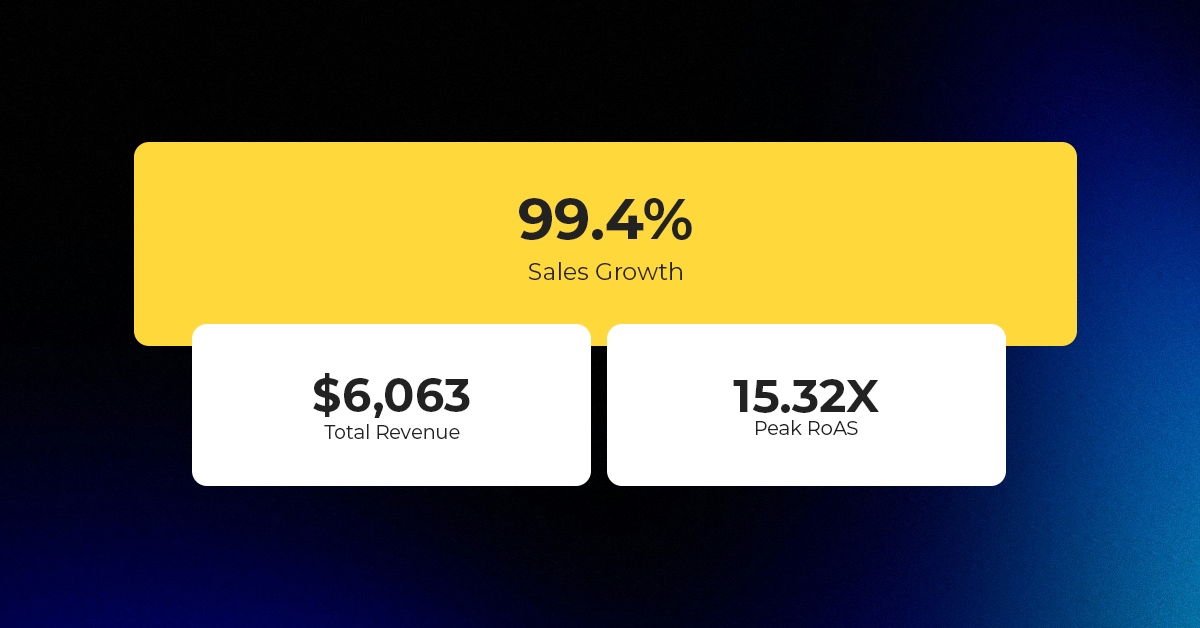
Reading Time: 2 minutesAbout the Brand Name: Ramjet.com Industry: Automotive Parts & Accessories Location: United…

Reading Time: 2 minutesAmazon is rolling out strategic referral fee reductions across five major European…
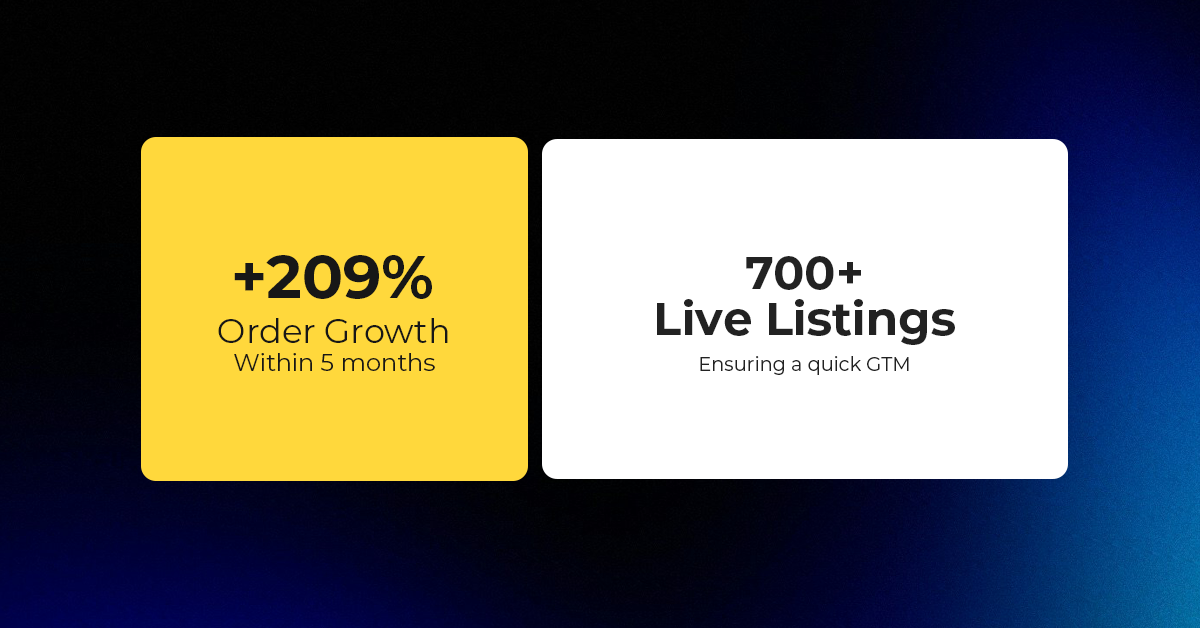
Reading Time: 4 minutesQuick Summary: Scaling Lifestyle Powersports on eBay with CedCommerce Challenge: Zero marketplace…

Reading Time: 4 minutesTikTok has surpassed 460 million users across Southeast Asia, reinforcing its position…

Reading Time: 3 minuteseBay has released its final seller news update for 2025, with a…

Reading Time: 3 minutesAmazon has clarified its stance regarding speculation around a potential breakup between…
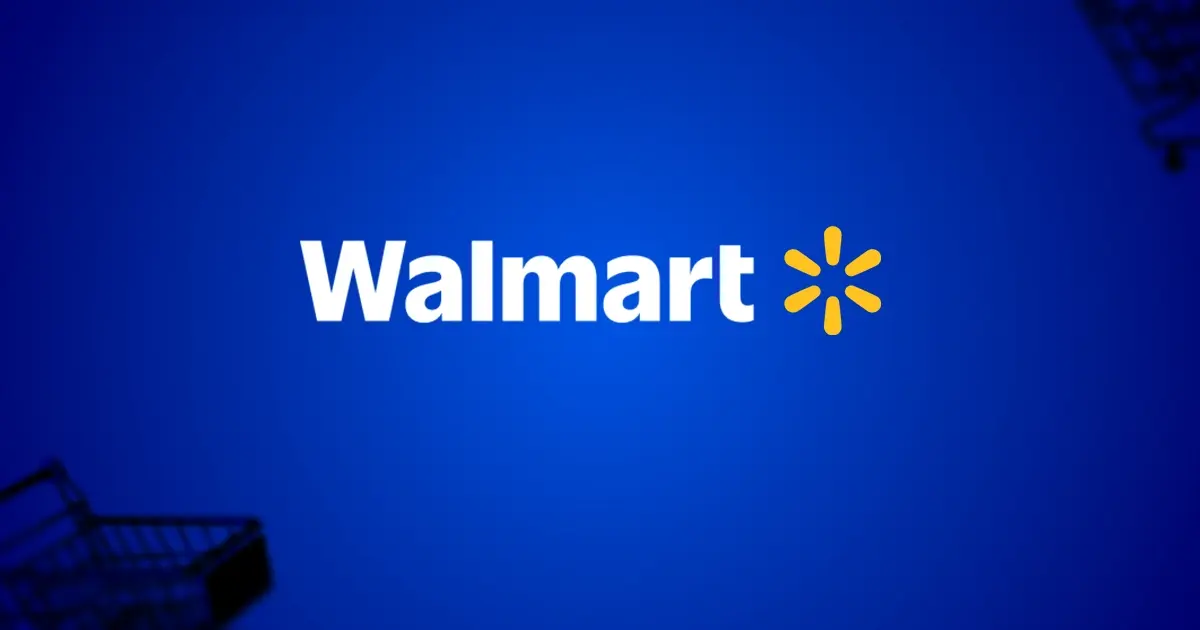
Reading Time: 4 minutesWalmart is accelerating its push into next-generation fulfillment by expanding its drone…
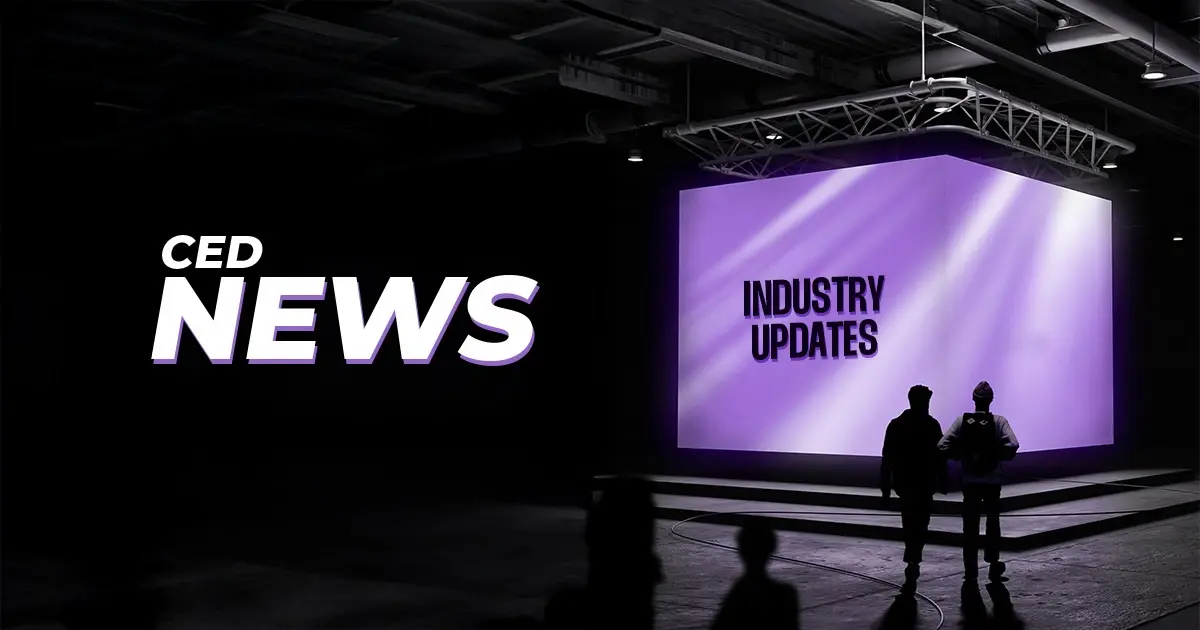
Reading Time: 4 minutesFaire, the fast-growing wholesale marketplace connecting independent retailers with emerging brands, has…

Reading Time: 4 minutesB2B buying in the United States is undergoing a fundamental behavioral shift…
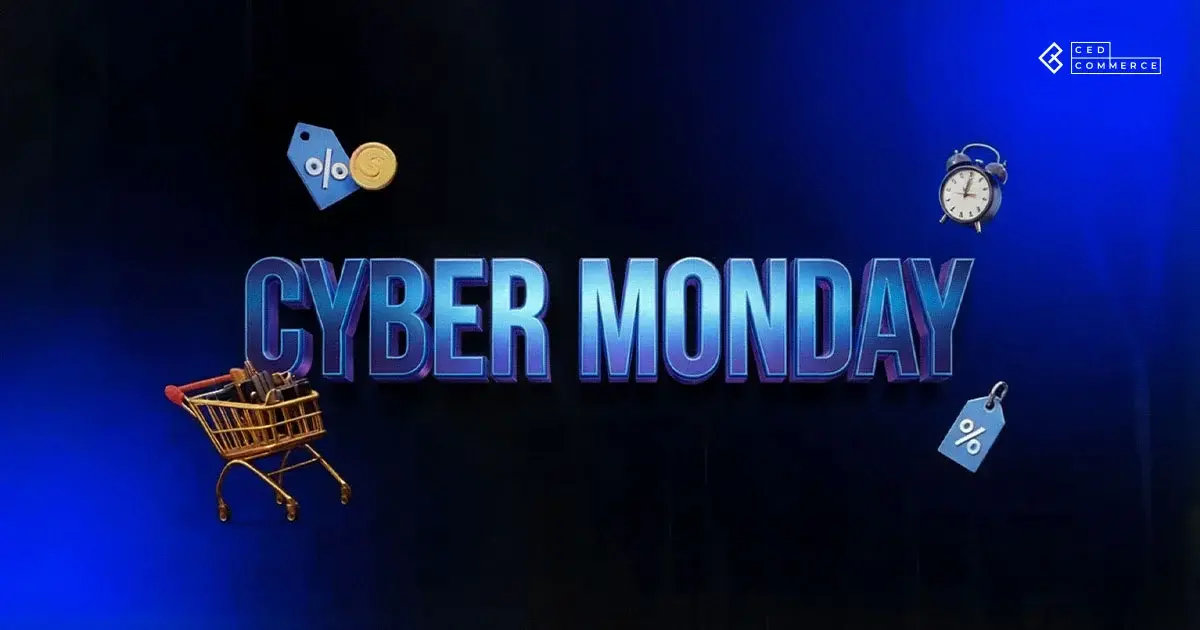
Reading Time: 3 minutesSummary Cyber Monday 2025 has officially become the largest online shopping day…

Reading Time: 2 minutesSummary Amazon kicked off December with two major developments shaping the future…

Reading Time: 2 minutesSummary Walmart has entered December with two major moves that signal a…
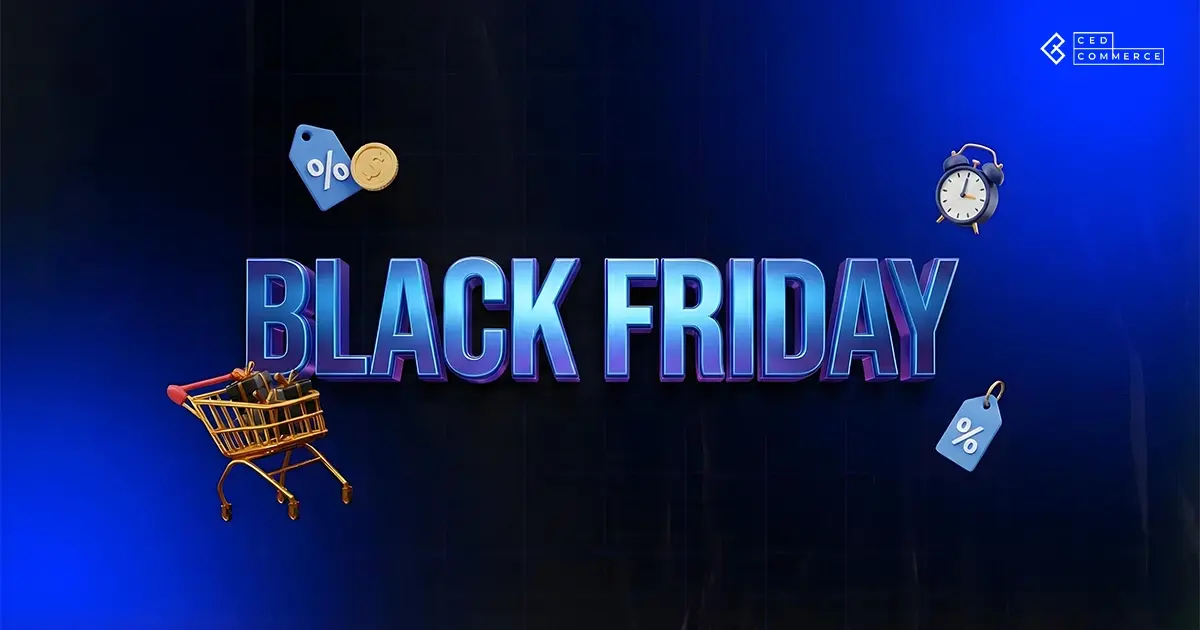
Reading Time: 2 minutesBlack Friday 2025 delivered the strongest U.S. eCommerce performance in history, as…

Reading Time: 13 minutesStill approaching BFCM with generic discounts, last-minute price cuts, or scattered promotions?…

Reading Time: 3 minutesTikTok Shop reached a major milestone during its largest U.S. “Global Black…

Reading Time: 3 minutesOpenAI has announced a new AI-powered shopping research tool designed to help…
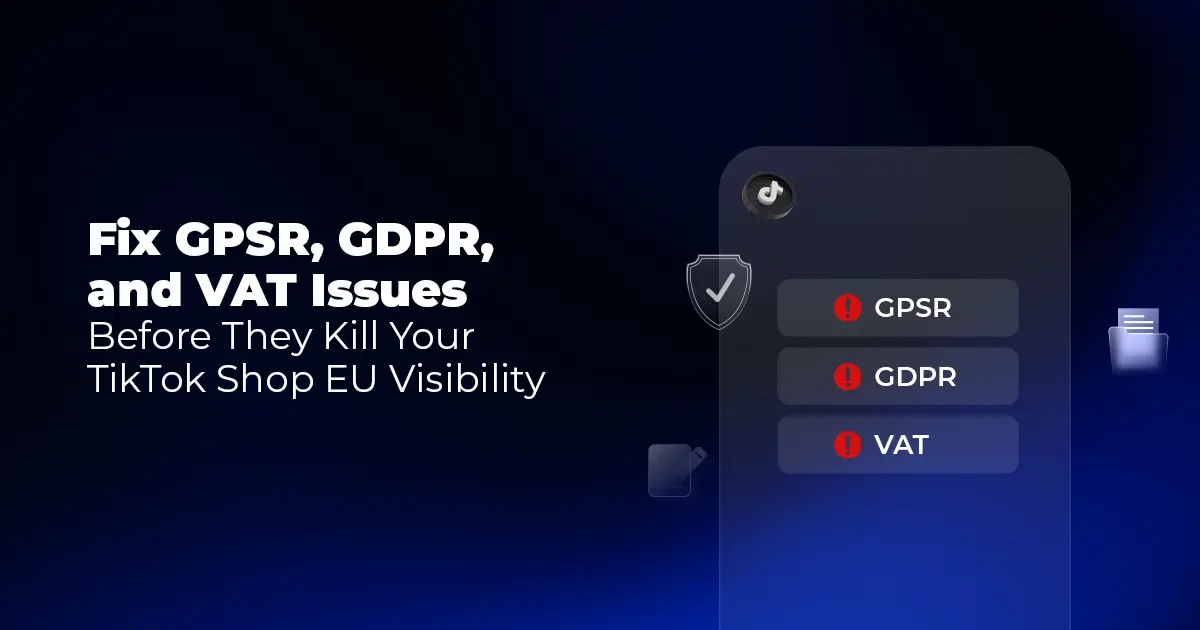
Reading Time: 9 minutesIf your TikTok Shop listings often sit in review or your visibility…